Who Will Govern Gaza?
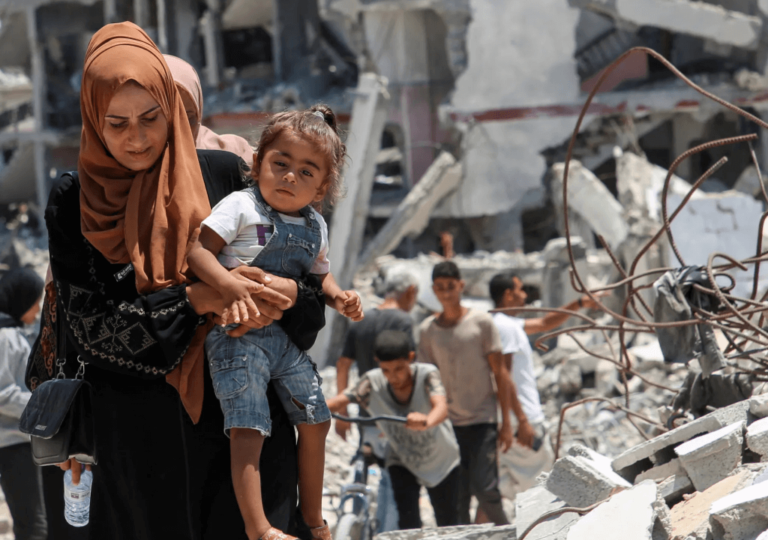
A fragile ceasefire has paused violence in Gaza, raising questions about future governance and humanitarian aid distribution

A fragile ceasefire has paused violence in Gaza, raising questions about future governance and humanitarian aid distribution
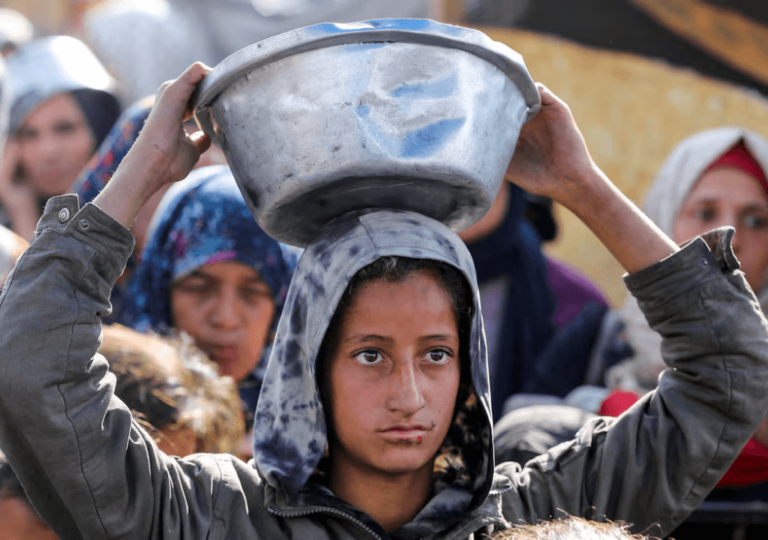
Israel and Hamas have agreed to a ceasefire, effective Sunday, to exchange hostages and pause the conflict in Gaza
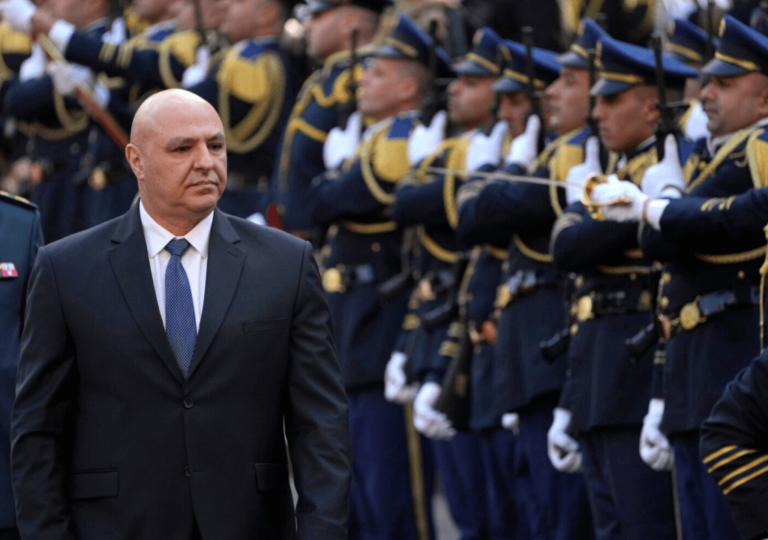
Lebanon elects Army Commander Joseph Aoun as president, signaling a shift away from Iran's influence and hope for stability
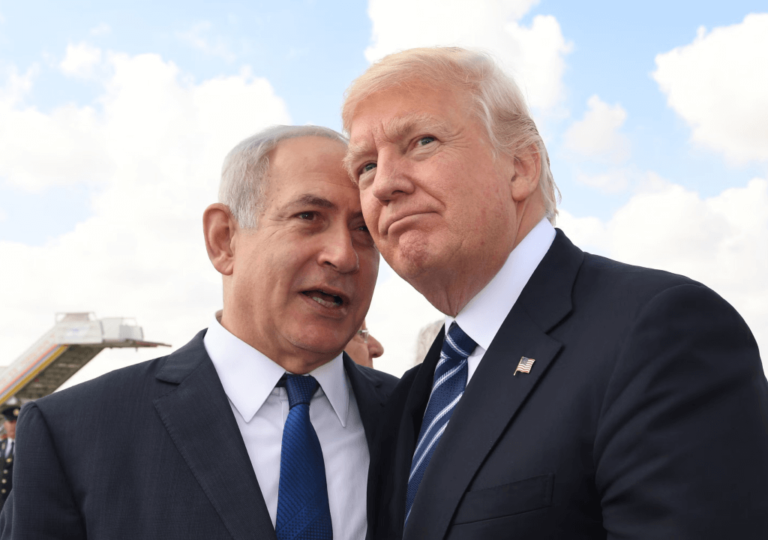
Donald Trump aims to broker a Gaza ceasefire as he begins his second term, emphasizing urgent negotiations and hostages release
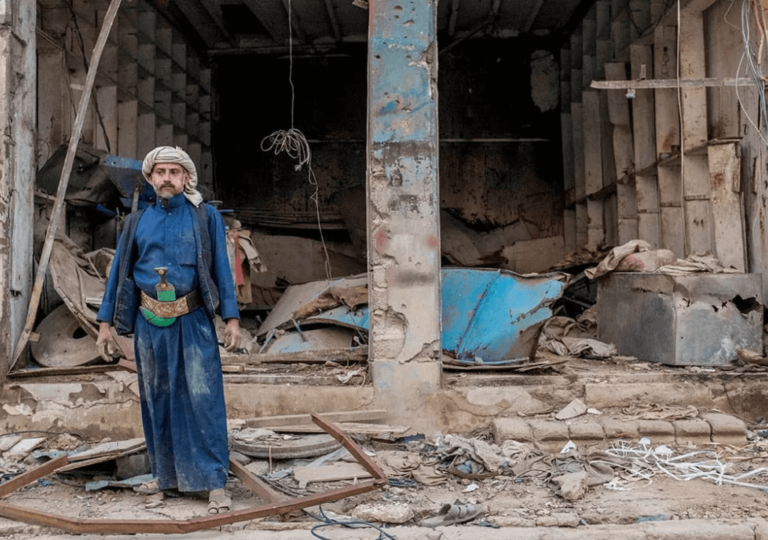
The Israel-Iran conflict is reshaping alliances in the Middle East, with potential resolutions in Syria and Yemen emerging
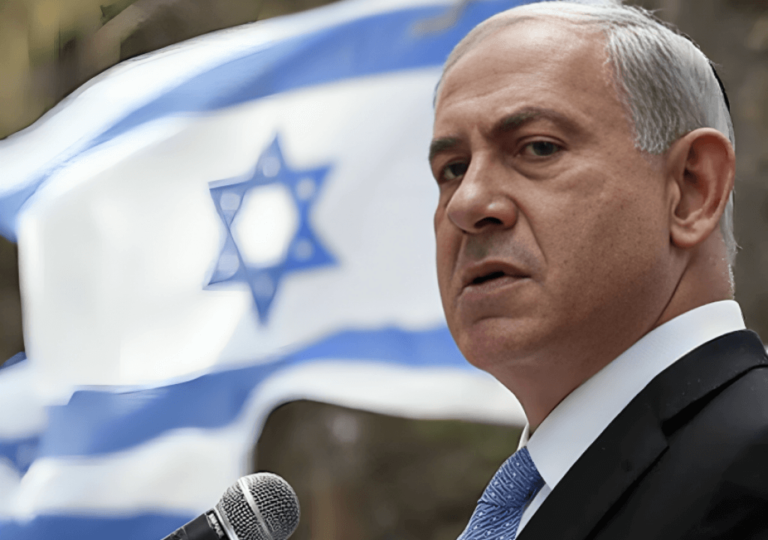
Israel's recent actions suggest expansion beyond its original borders, intensifying focus on the Golan Heights and settlements in occupied territories
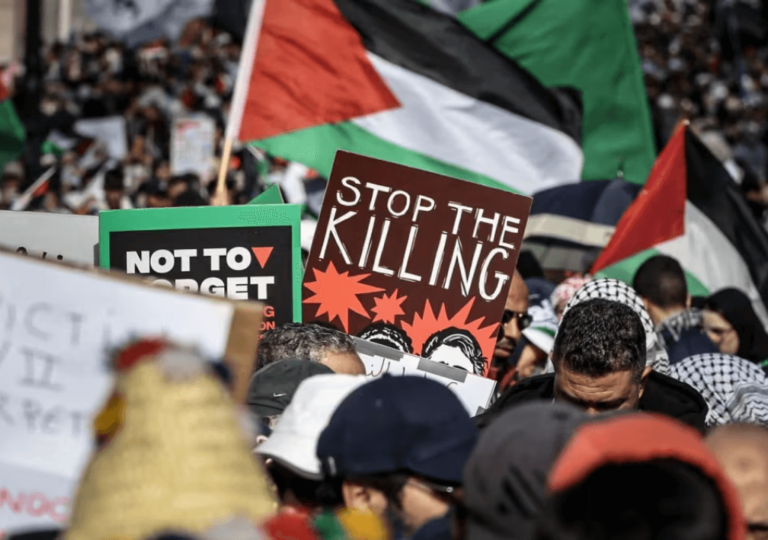
Singapore maintains a cautious stance on the Israel-Hamas conflict, advocating for Palestinian sovereignty while withholding formal recognition of Palestine
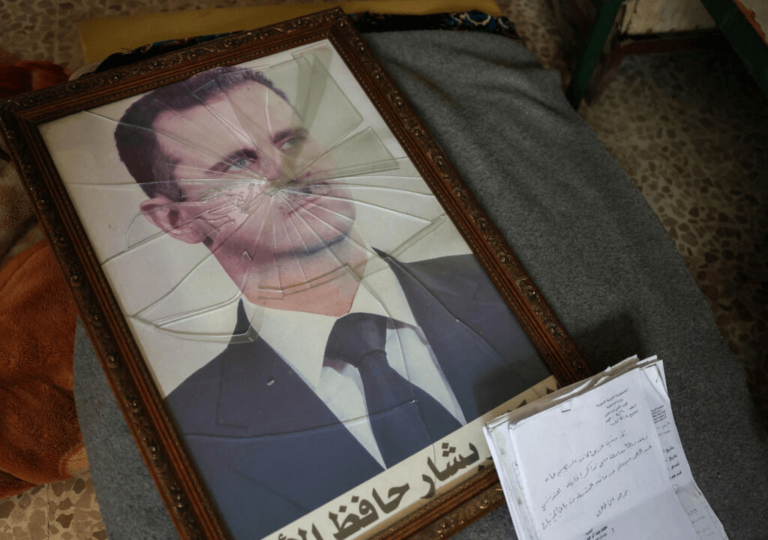
Rebels have seized Damascus, marking the end of Bashar al-Assad's regime after thirteen years of civil war
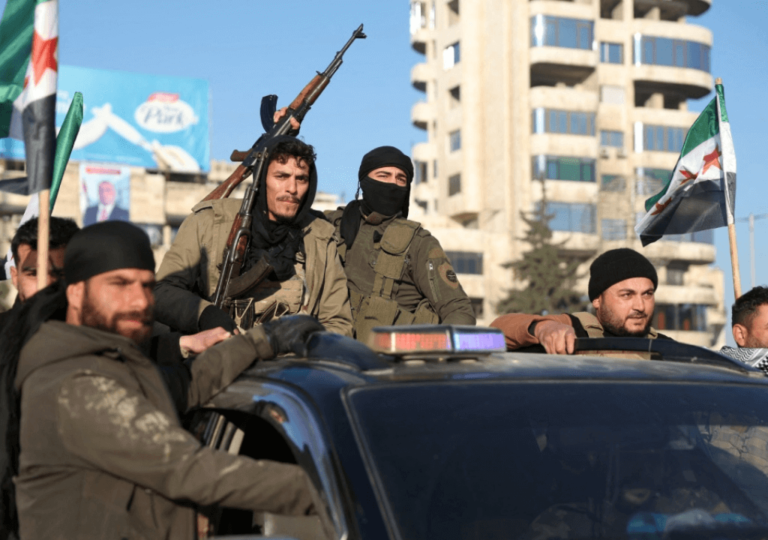
Islamist group HTS has seized control of Aleppo, reigniting global concerns about renewed Islamist rule in Syria
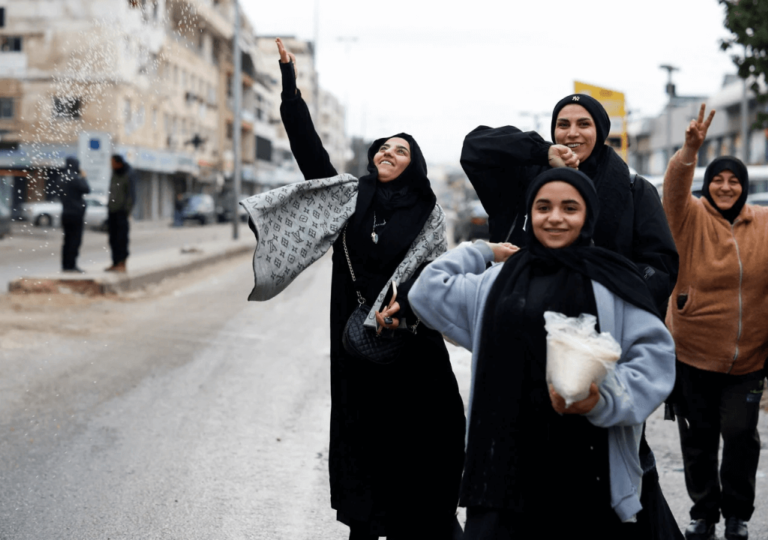
Israel and Hezbollah have agreed to a ceasefire, effective Wednesday, ending their latest conflict amid ongoing tensions and violence